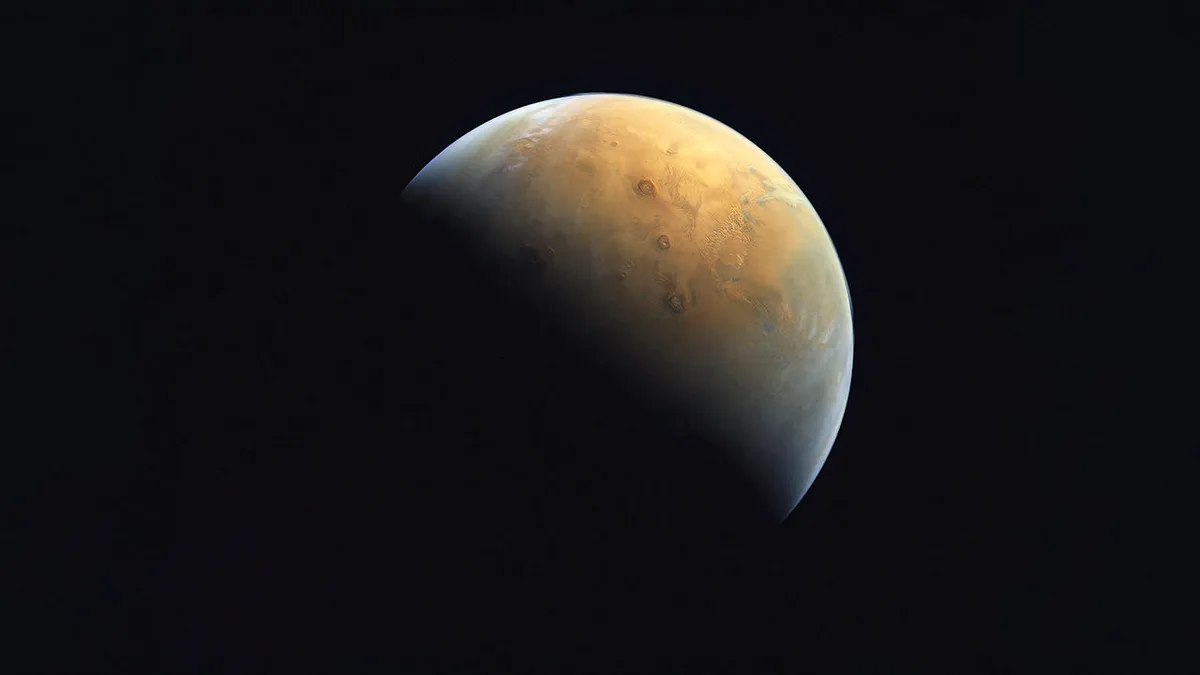
In the realm of space exploration, human laws can often be altered, waived, or even disregarded, while physical laws remain steadfast and unyielding. As we venture into the cosmos, particularly with the ambitious goal of putting humans on Mars, the challenges posed by legal frameworks seem increasingly insignificant. Elon Musk, the visionary behind SpaceX, prioritizes the colonization of Mars as a crucial step towards not only expanding human presence in the universe but also ensuring the survival of humanity itself.
Under Musk's leadership, SpaceX has seen significant shifts in regulatory oversight, particularly with the Federal Aviation Administration (FAA). This agency has historically posed challenges to the advancement of private space endeavors. However, Musk's initiative, dubbed the Department of Government Efficiency (DOGE), has effectively streamlined processes, reducing bureaucratic hurdles that could hinder progress. This transformation signifies a shift towards a more supportive regulatory environment for private space exploration.
Musk's aspirations align closely with the current political climate, particularly under the administration of President Donald Trump. The president has shown a palpable enthusiasm for space exploration, notably endorsing Musk's vision for Mars. In his inaugural address, President Trump emphasized the need for Americans to “pursue our manifest destiny into the stars,” advocating for the launch of American astronauts to plant the Stars and Stripes on Mars. This vision is not merely a fleeting statement; it was reiterated in his address to Congress a few weeks later, solidifying the government's commitment to advancing space exploration.
As Musk and SpaceX continue to push the boundaries of space travel, the focus on Mars becomes increasingly critical. The potential for human settlement on the red planet represents not only a remarkable technological achievement but also a pivotal moment for the future of humanity. By navigating the complexities of human law and leveraging political support, Musk is well-positioned to lead the charge towards a new era of exploration and habitation beyond our home planet.
In conclusion, while human laws may evolve and adapt, the quest for Mars under Elon Musk’s leadership exemplifies the determination to overcome both legal and physical challenges. With the backing of influential political figures and a reformed regulatory landscape, the dream of colonizing Mars is closer than ever to becoming a reality.